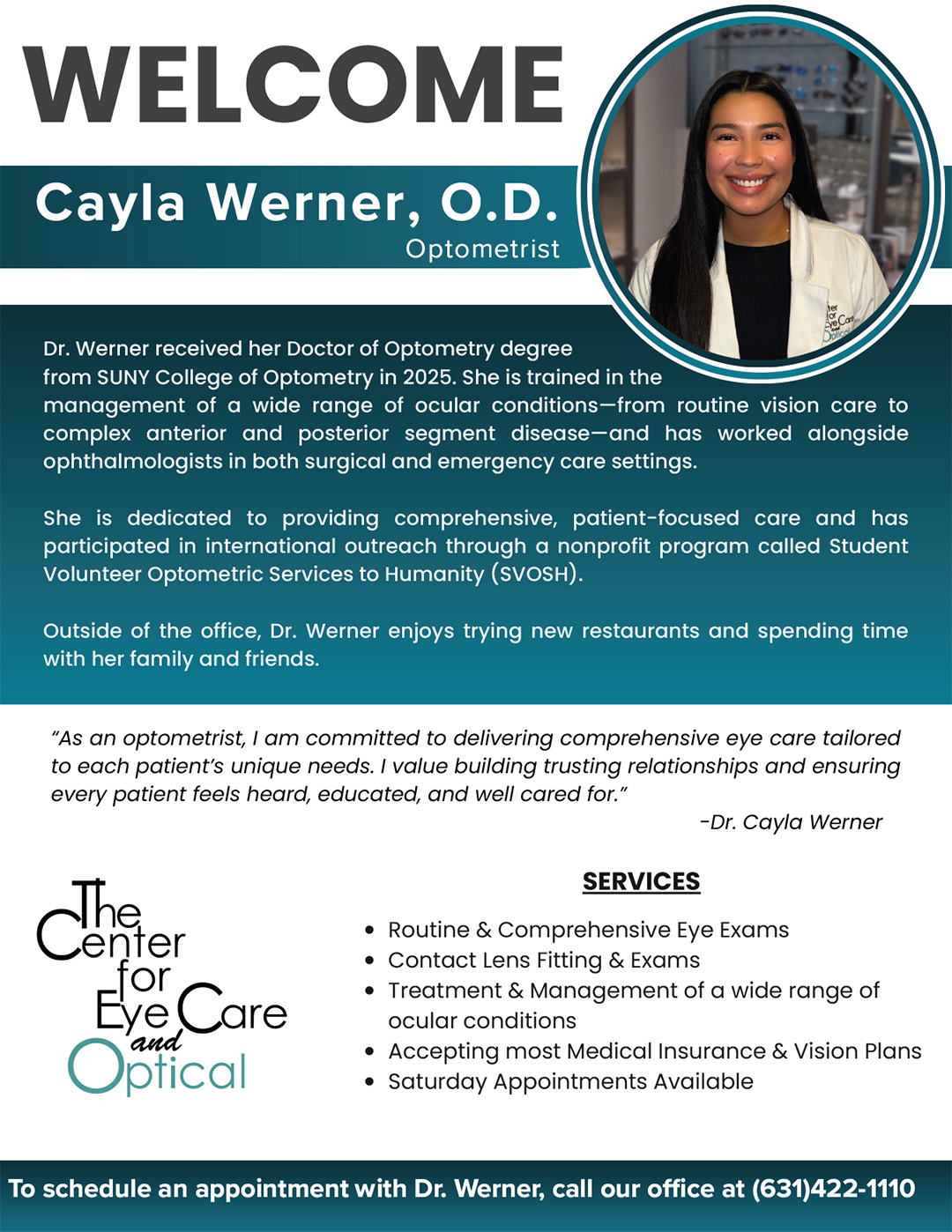
Macular degeneration is one of the leading causes of vision loss in adults over the age of 50. It comes in two forms: dry and wet. Dry macular degeneration is the more common and slower progressing type, while wet macular degeneration is less common but far more aggressive in its impact on central vision. Understanding how dry macular degeneration can progress to the wet form is crucial for protecting your eyesight, especially as you age.
Understanding the Difference Between Dry and Wet Macular Degeneration
Dry macular degeneration occurs when the macula, the part of the retina responsible for sharp central vision, gradually thins and accumulates drusen - small yellow deposits made up of cellular waste. This form typically progresses slowly and may not cause noticeable symptoms in its early stages.
Wet macular degeneration develops when abnormal blood vessels grow under the retina and leak fluid or blood. This leakage can rapidly damage the macula, leading to sudden and severe vision loss.
How Long Does It Take to Progress?
The progression from dry to wet macular degeneration varies from person to person. For some, dry macular degeneration may remain stable for years without ever progressing to the wet form. Others may experience a transition within a few months or years. There is no exact timeline, but studies suggest that approximately 10 to 15 percent of individuals with dry macular degeneration may develop wet macular degeneration.
Certain risk factors such as age, genetics, smoking, high blood pressure, and poor diet can increase the likelihood of progression. If one eye has already developed wet macular degeneration, the other eye is at a significantly higher risk of following the same path.
Why Regular Eye Exams Are Essential
Because the progression from dry to wet macular degeneration can be unpredictable and may happen quickly, regular eye exams are essential. Comprehensive exams allow your eye doctor to detect early changes in the retina, monitor drusen buildup, and identify signs of abnormal blood vessel growth before vision is significantly affected.
Advanced imaging technologies can reveal subtle changes long before symptoms arise. Early detection enables timely intervention, including treatments that may help slow or halt the progression of wet macular degeneration and preserve vision.
Protect Your Eyesight at The Center for Eye Care and Optical
While there is no set timeline for when dry macular degeneration may progress to the wet form, staying proactive with your eye health can make all the difference. Regular eye exams are the most effective way to detect changes early, monitor your condition, and get the care you need to protect your vision.
If you or a loved one has been diagnosed with macular degeneration or is at risk, schedule a comprehensive eye exam with The Center for Eye Care and Optical for a personalized management plan. Visit our office in West Islip, New York, or call (631) 825-7725 to book an appointment today.











